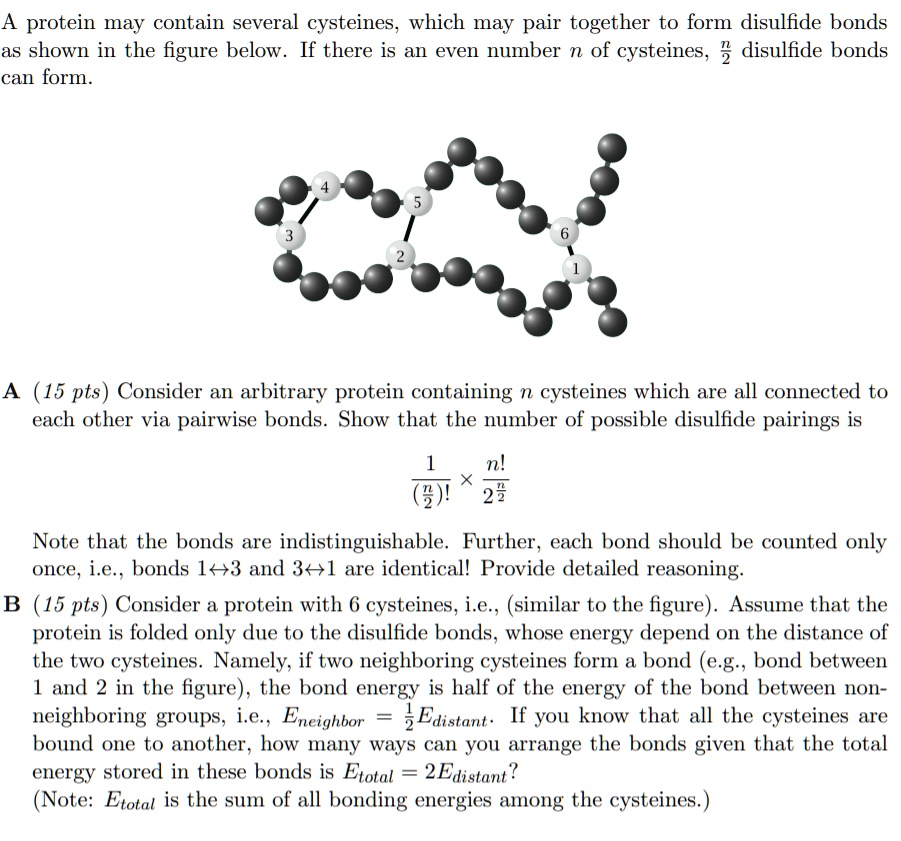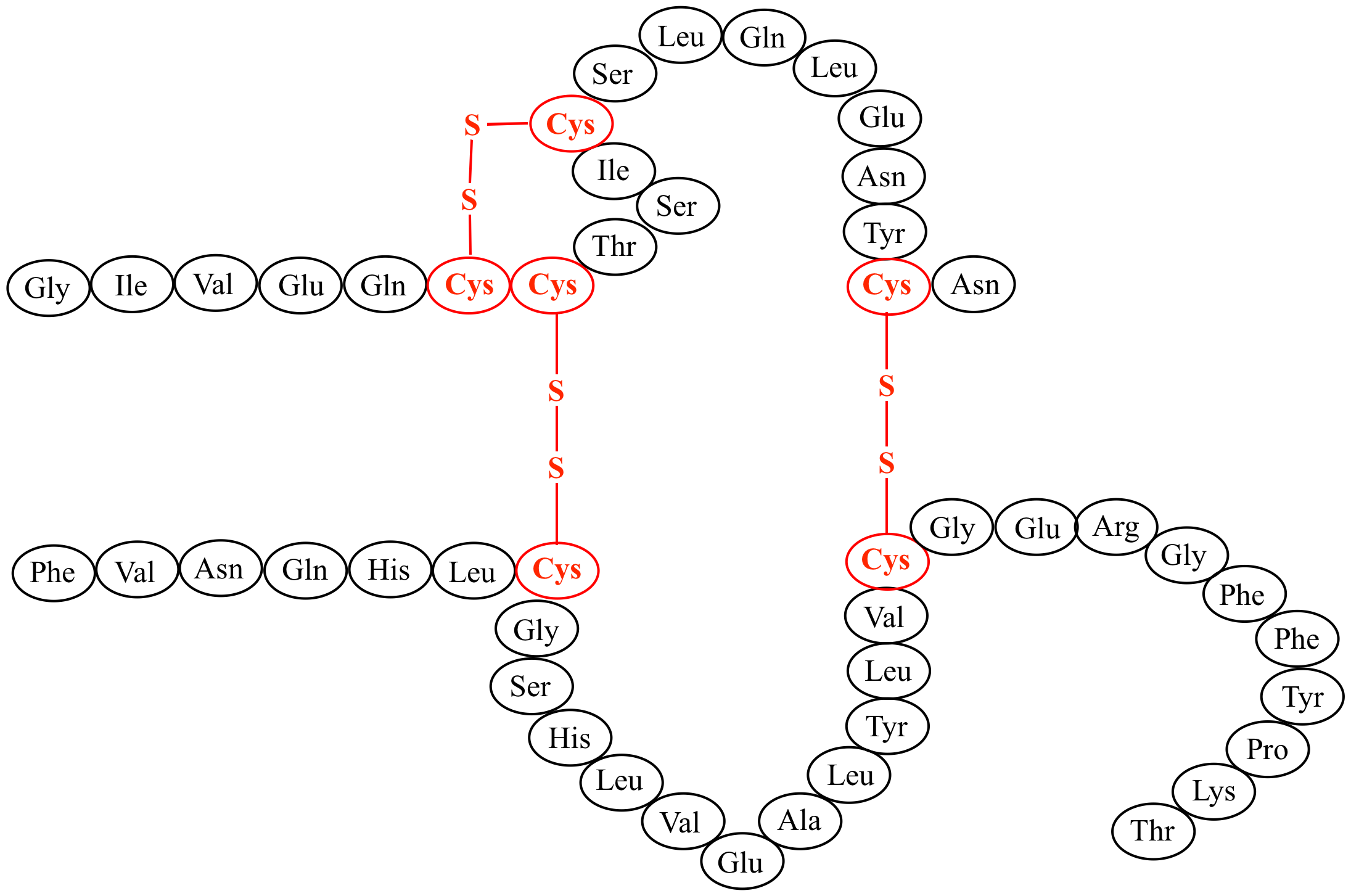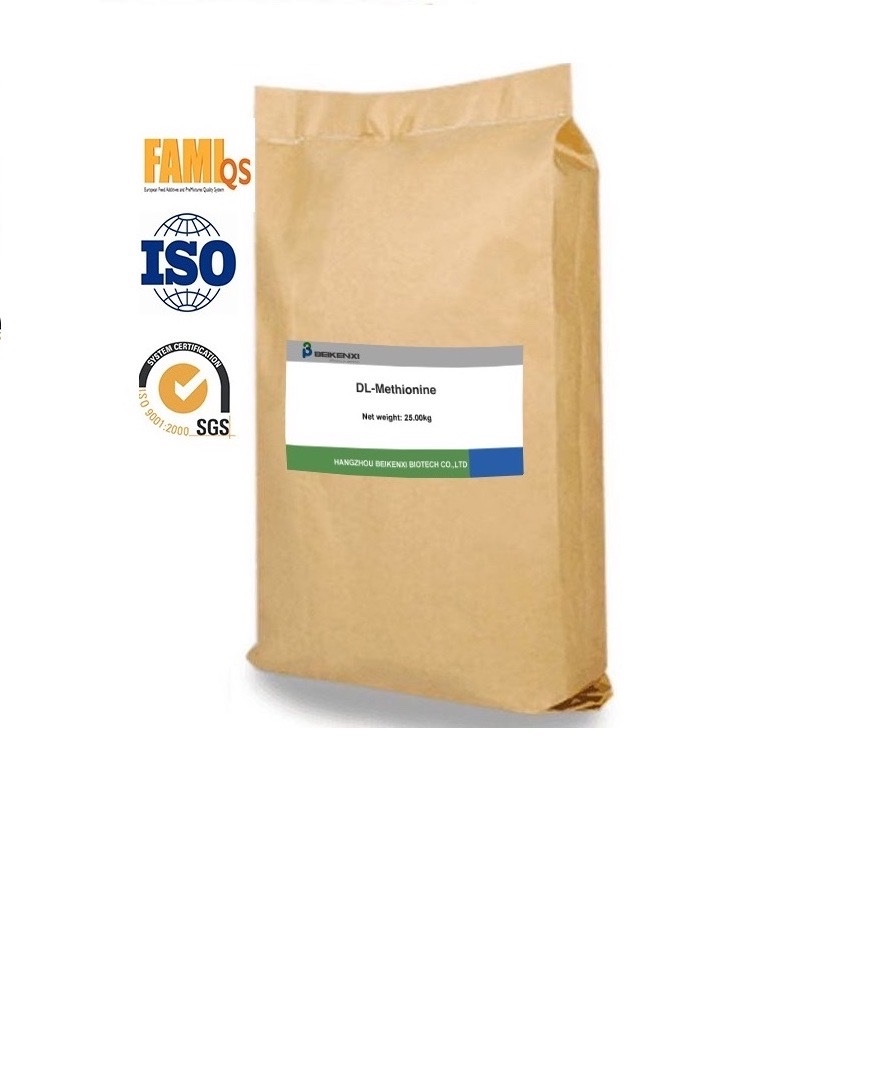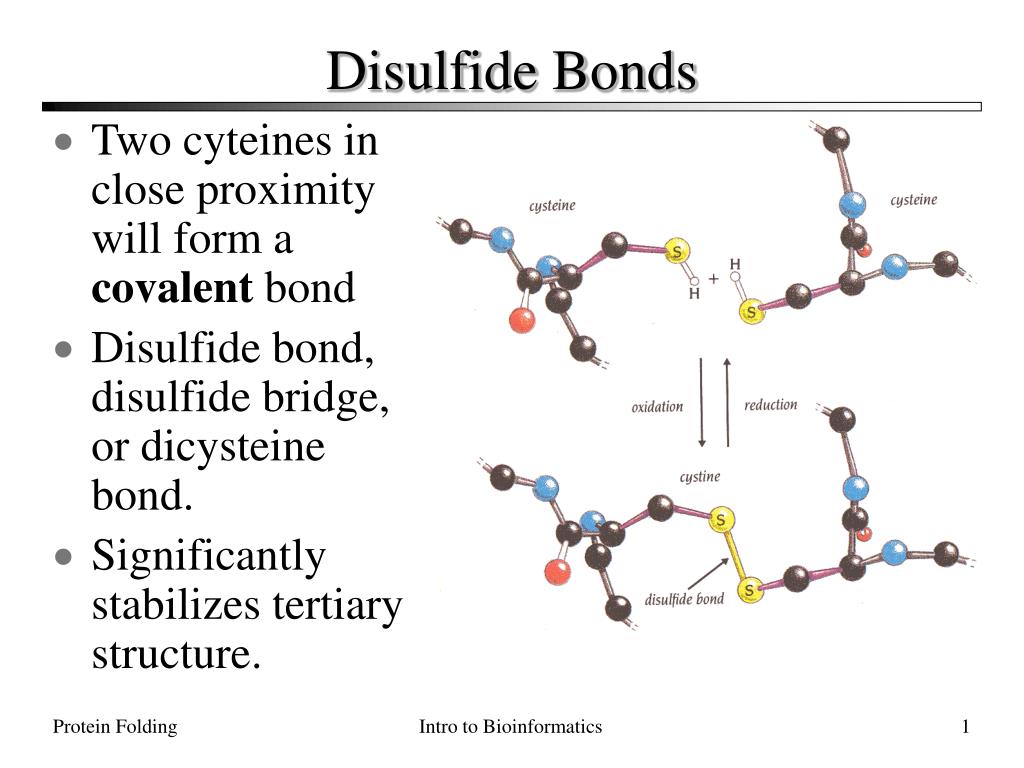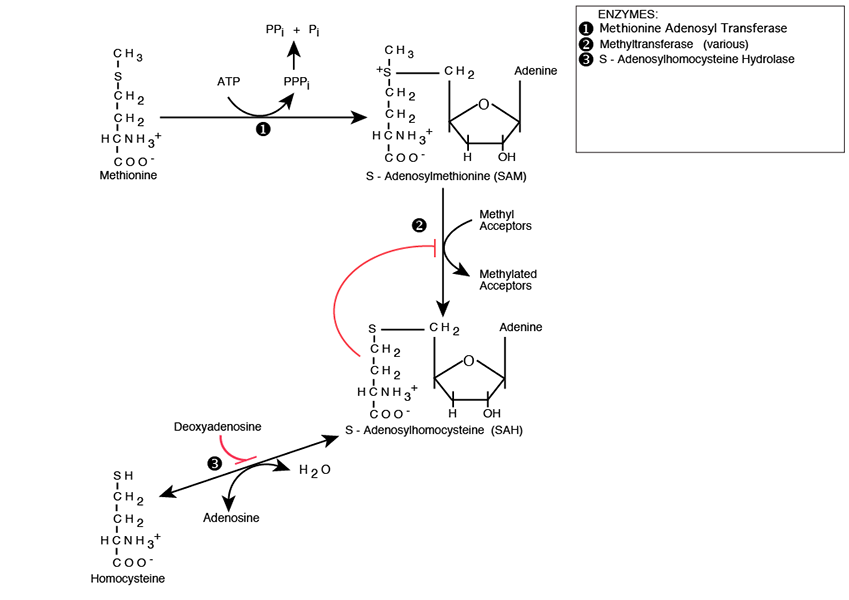Can Methionine Form Disulfide Bonds - Methionine lacks the necessary functional groups to participate in disulfide. In turn, the resolving cysteines form a disulfide bond that is reduced back to free thiols by. The answer to this question is no, methionine cannot form disulfide bonds. In summary, because of its side chain structure’s properties, methionine cannot. Cysteine residues function in the catalytic cycle of many enzymes, and they can. Methionine has only a s. Cysteine, by virtue of its ability to form disulfide bonds, plays a crucial role in protein structure.
Cysteine residues function in the catalytic cycle of many enzymes, and they can. Cysteine, by virtue of its ability to form disulfide bonds, plays a crucial role in protein structure. In turn, the resolving cysteines form a disulfide bond that is reduced back to free thiols by. The answer to this question is no, methionine cannot form disulfide bonds. Methionine lacks the necessary functional groups to participate in disulfide. In summary, because of its side chain structure’s properties, methionine cannot. Methionine has only a s.
The answer to this question is no, methionine cannot form disulfide bonds. In turn, the resolving cysteines form a disulfide bond that is reduced back to free thiols by. Methionine has only a s. Cysteine, by virtue of its ability to form disulfide bonds, plays a crucial role in protein structure. Methionine lacks the necessary functional groups to participate in disulfide. Cysteine residues function in the catalytic cycle of many enzymes, and they can. In summary, because of its side chain structure’s properties, methionine cannot.
SOLVED protein may contain several cysteines, which may pair together
Cysteine, by virtue of its ability to form disulfide bonds, plays a crucial role in protein structure. Cysteine residues function in the catalytic cycle of many enzymes, and they can. The answer to this question is no, methionine cannot form disulfide bonds. In turn, the resolving cysteines form a disulfide bond that is reduced back to free thiols by. Methionine.
Figure 3 from Contributions of Disulfide Bonds in a Nested Pattern to
In turn, the resolving cysteines form a disulfide bond that is reduced back to free thiols by. Cysteine residues function in the catalytic cycle of many enzymes, and they can. Cysteine, by virtue of its ability to form disulfide bonds, plays a crucial role in protein structure. The answer to this question is no, methionine cannot form disulfide bonds. In.
Illustrated Glossary of Organic Chemistry Disulfide bridge
In summary, because of its side chain structure’s properties, methionine cannot. Methionine lacks the necessary functional groups to participate in disulfide. Cysteine residues function in the catalytic cycle of many enzymes, and they can. Cysteine, by virtue of its ability to form disulfide bonds, plays a crucial role in protein structure. In turn, the resolving cysteines form a disulfide bond.
What amino acid forms disulfide bonds to stabilize protein t Quizlet
Methionine lacks the necessary functional groups to participate in disulfide. In turn, the resolving cysteines form a disulfide bond that is reduced back to free thiols by. Cysteine, by virtue of its ability to form disulfide bonds, plays a crucial role in protein structure. The answer to this question is no, methionine cannot form disulfide bonds. Cysteine residues function in.
DLMethionine, CAS 59518
In summary, because of its side chain structure’s properties, methionine cannot. In turn, the resolving cysteines form a disulfide bond that is reduced back to free thiols by. Methionine has only a s. The answer to this question is no, methionine cannot form disulfide bonds. Cysteine residues function in the catalytic cycle of many enzymes, and they can.
Methionine Paste EMASCO Limited
Methionine lacks the necessary functional groups to participate in disulfide. Cysteine, by virtue of its ability to form disulfide bonds, plays a crucial role in protein structure. Methionine has only a s. The answer to this question is no, methionine cannot form disulfide bonds. In turn, the resolving cysteines form a disulfide bond that is reduced back to free thiols.
PPT Disulfide Bonds PowerPoint Presentation ID165240
The answer to this question is no, methionine cannot form disulfide bonds. Cysteine residues function in the catalytic cycle of many enzymes, and they can. Methionine lacks the necessary functional groups to participate in disulfide. In turn, the resolving cysteines form a disulfide bond that is reduced back to free thiols by. Cysteine, by virtue of its ability to form.
organic chemistry Can acidic conditions break disulfide bonds
Cysteine residues function in the catalytic cycle of many enzymes, and they can. Methionine lacks the necessary functional groups to participate in disulfide. The answer to this question is no, methionine cannot form disulfide bonds. In summary, because of its side chain structure’s properties, methionine cannot. In turn, the resolving cysteines form a disulfide bond that is reduced back to.
AMINO ACID METABOLISM METHIONINE DEGRADATION
The answer to this question is no, methionine cannot form disulfide bonds. Cysteine residues function in the catalytic cycle of many enzymes, and they can. Methionine lacks the necessary functional groups to participate in disulfide. Cysteine, by virtue of its ability to form disulfide bonds, plays a crucial role in protein structure. Methionine has only a s.
Figure 2 from Cleavage of Multiple Disulfide Bonds in Insulin via Gold
Methionine lacks the necessary functional groups to participate in disulfide. In turn, the resolving cysteines form a disulfide bond that is reduced back to free thiols by. In summary, because of its side chain structure’s properties, methionine cannot. Cysteine residues function in the catalytic cycle of many enzymes, and they can. The answer to this question is no, methionine cannot.
In Turn, The Resolving Cysteines Form A Disulfide Bond That Is Reduced Back To Free Thiols By.
Cysteine, by virtue of its ability to form disulfide bonds, plays a crucial role in protein structure. In summary, because of its side chain structure’s properties, methionine cannot. Methionine has only a s. The answer to this question is no, methionine cannot form disulfide bonds.
Cysteine Residues Function In The Catalytic Cycle Of Many Enzymes, And They Can.
Methionine lacks the necessary functional groups to participate in disulfide.
